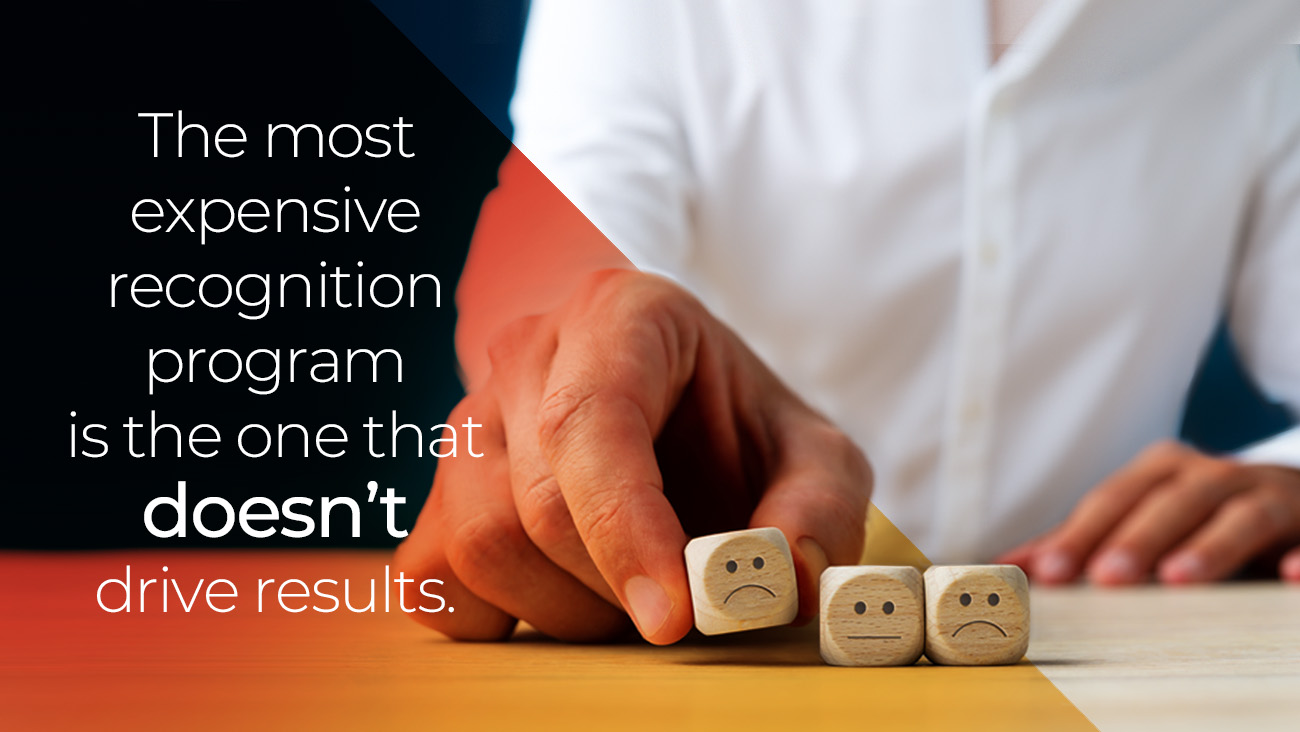Article
9 things to consider when choosing a recognition and reward program
As organizations look to drive performance, engagement, and culture, the right partner can make all the difference. Here are nine critical considerations to help you choose a recognition and reward partner that delivers a real return on your investment. Final thought: Choosing a recognition and reward partner is more than a procurement decision. It’s a […]











